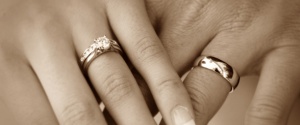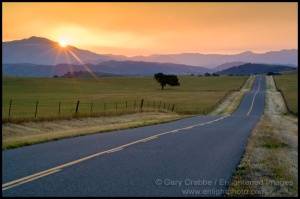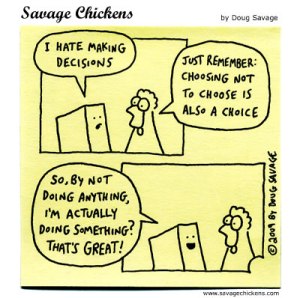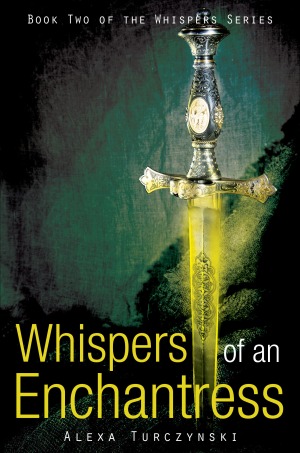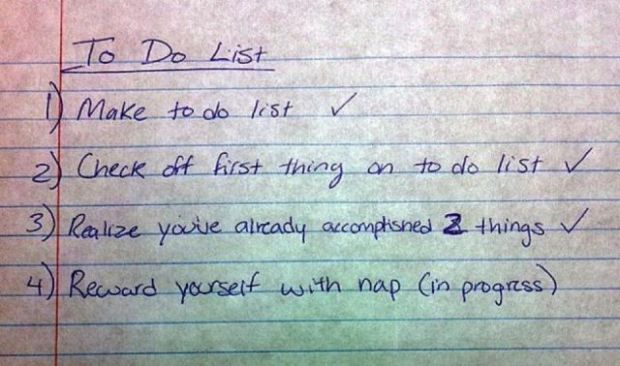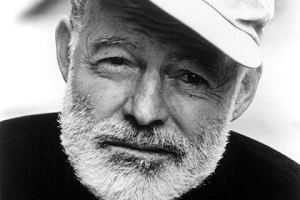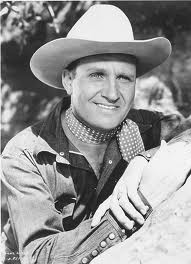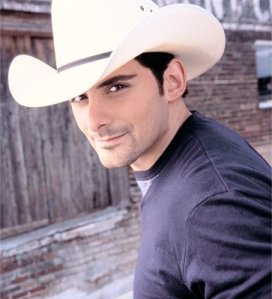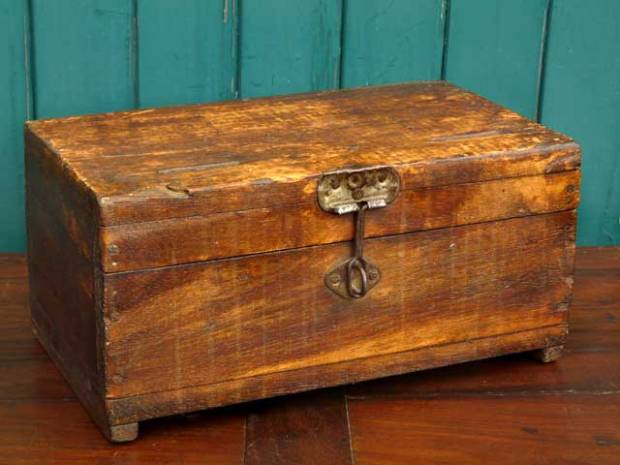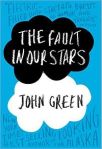Over the Christmas break, besides eating too many holiday leftovers, I’ve been studying for my comprehensive exams and attempting to choose a novel on which to write my thesis. You see, I’m graduating in about five months, and the list of poetic terms and other Englishy facts sitting on my desk continue to remind me of that fact – or rather, of the fact that I may not graduate if I don’t manage to memorize all those terms. I know, I know: English major problems.
But to the point of this post. I’m graduating from college in five months. Which means that I will organize myself, find a real job, and start my life. Then, in a few years, I will probably get married, “settle down,” and have kids.
These things are good, exciting. But also terrifying (especially to someone still trying to figure out how to make rice and other such household foods). As I was reflecting on these things, realizing that this semester of college will be filled with a lot of “lasts” only to be followed by a lot of “firsts,” I suddenly realized a myth inherent in my logic. There are two myths, actually, that I think are quite embedded in the minds of many people my age, and perhaps even in the minds of those older than us.
Well, perhaps they aren’t myths, but rather poor word choices that lead to a faulty way of conceiving of life. I’m not sure who to blame for these poor word choices – college counselors, society at large, Buzzfeed, my own thinking? But rather than condemn the source, I’d like to right the wrong.
Myth #1: Your life starts when you finish school and start the job you’ve always dreamed of.
Okay, so I do think it’s important to be a responsible adult and find a steady job in order to support yourself. Finishing school is also a good plan. But, as far as I can tell, your life actually started about nine months before you were born, and it’s been going strong ever since. The idea that your life doesn’t start until you have your dream job – or even a good job – is actually a really dangerous one. Very few people get their dream job right out of school; that doesn’t mean you’re a failure and it certainly doesn’t mean you’re stuck in some sort of limbo between life and…pre-life? Life is right now, and feeding the idea that you’re wasting your time not living simply because you don’t have the right job is kind of depressing.
I think this might have something to do with the fact that when we ask someone what they do, we’re usually asking them what their job is, as if that is the only thing that they do, and the only thing that defines them. It’s another poor word choice. Your job is not who you are, and no matter what you do, I don’t think it should be your whole life.
Myth #2: When you get married, you “settle down.”
There are two aspects to this one. Firstly, it’s the idea that there’s nothing settled about your life until you’re married. Secondly, it’s the idea that marriage involves settling down, a grating term for a lot of young people because I think it sounds like your life is now over. You get married, you settle down and…no one cares anymore.
Now I do think marriage is a beautiful thing. It’s sharing your life with your best friend and making this crazy journey with him/her.
But I have quite a few amazing friends who are getting tired of being asked when they are going to “find somebody,” as if there is something lacking in their lives because they haven’t. The cliché really is true that you don’t need someone to complete you; it’s certainly wonderful to have someone in your life, but it’s not as though your life is empty or stagnant until you find him/her.
I also have some amazing friends who recently got engaged; but when I look at their lives, I really don’t think of them as “settling down.”
Personally I think this is a terrible phrase. A terrifying one. Like when you were a little kid and you got all excited about something and someone told you to “settle down.” To me the phrase really just sounds like nothing exciting will ever happen to you again. It follows right from the idea that your life “starts” at some point other than the beginning of it; your life obviously “ends” at some point other than, well, the end.
This may in fact be the fault of Disney princess movies, where the action always ends after the marriage. Story’s over, no one cares anymore.
But this seems quite far from the truth. The story keeps going. As I complained to my boyfriend about this ignominious phrase, he suggested that instead of “settling down” people should say “taking off,” a mere change in wording that implies a whole new set of adventures.
I think the point of this blog is that there are adventures at every period of your life. One little thing (like graduating from college) doesn’t start or end the exciting part of living. It’s all right now. The future is bright, but so is the present.


